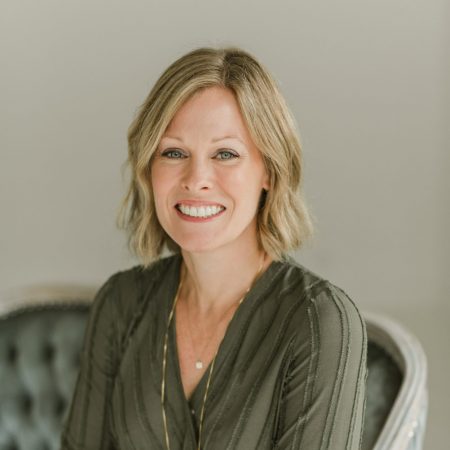Who has been taught how to listen well? Did you know that there are better ways to listen than others? As a therapist, I have found that people want to listen to one another, but don’t know how to effectively.
Here are my top tips on how to listen well.
Tips on How to Be a Better Listener
Prepare—
Postpone your own agenda. Tune into your partner’s world (empathy). Remember, you don’t have to agree with the details. Put your phone down. Limit any possible distractions. It’s their turn to speak, so give them a safe space to do so.
Attune—
Try to understand your partner. Is there anything you can agree with? Standing in their shoes, can you see how they thought or felt that way? Make good eye contact. Show you’re listening and care by your non-verbal behaviors.
Summarize and Reflect—
Be present with your partner and summarize what you hear. Don’t begin by rattling off what you didn’t agree with or what was factually inaccurate. Do your best just to reflect back what they said so that they know you heard them correctly. This helps them feel seen and heard. A great example of this is, “ok, what I hear you saying is __. Is that right?”
Validate and Communicate—
Validation doesn’t mean that you are agreeing, but that you can understand your partner’s experience.
Example:
“I didn’t look at it that way but I can see how you could have.”
The Do’s and Don’ts of Listening
Dos
- Breathe and soothe yourself while listening.
- Write down what you’re hearing and any defenses you’re feeling.
- Try to let go of your experience/emotions and instead show empathy.
- Remember that you will get to be the speaker, too.
- Ask open-ended questions for clarification.
- Agree with any part that you can agree with. Lead with agreement, not disagreement.
- Have a positive, future-focused viewpoint.
- Keep your goal of getting back to harmony with your partner in your mind.
Dont’s
- Make judgments about your partner i.e. “Lighten up.” “You’re too sensitive.” “It wasn’t that bad.”
- Problem solve- it’s ok to listen without fixing.
- Interrupt or force your own solutions, ideas or perspectives.
- Just apologize quickly, to avoid having a conversation. This isn’t enough/sufficient for your partner.
- Debate, defend, criticize, judge, minimize, catastrophize, attempt to make your partner feel better/cheer up, or rescue.
- Come from a place of superiority or engage in put-downs/name-calling.
- Aim to win or “be the most right.” One person winning means the other loses, and this is never healthy in a relationship.
3 Great Ways to Listen
- Listen to create a safe space for them to share and to empathize.
- Listen to problem solve and find helpful solutions.
- Listen to relate and help them feel less alone.
All three of these approaches are healthy and helpful. However, we can’t always know what kind of listening our partner needs at that time. A great way to know what kind of listener they need is to ask them, “how would you like for me to listen right now?” Better yet, the speaker can start off the conversation by saying, “Hey, could you just listen to me right now; I don’t need you to fix it, just to listen.” That takes the pressure off the speaker and sets them up for success.
At first, you’ll probably stink at this. It will feel unnatural. You may think that you can’t get your own points across. It may feel like you’re letting them “win.” You may still feel the urge to go tit-for-tat, back and forth, until you get stuck in your negative cycle. But the more you practice, the easier it will get. Slowly, your relationship will grow stronger and healthier as you each feel heard and understood. And you will realize that debating, defending, building your case, and being right really aren’t the most helpful approaches to take with your partner and end up doing more harm than good. Good luck!
* Adapted from the Gottman Method and Relational Life Therapy.


